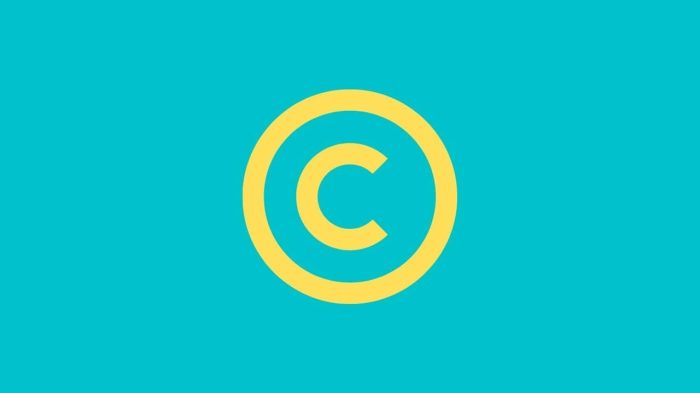Introduction
Copyright is essential to protect the original authorship rights of an individual. Thousands of persons living in the United States come up with lots of new and original work daily that are creative and unique and can be a revenue source. Whether you need to register your work before getting copyright or the right is automatically secured once you have created the work? In this article, we will put a light on this thing.
One of the misbeliefs among people is that they have to register the work before claiming copyright for their work. However, to claim copyright of your work, you do not have to register or publish your work. It is the right created as soon as the author creates the work. For example, if you have sung a song and as a singer, you have the copyrights of the work. As soon as you complete recording the song on a CD, you can assume that you can claim copyright of the song as the original work is created and completed here.
Why should I register my work with the copyright office if registration is not required to secure the protection of the work?
Although registration might not be required to secure your work and claim copyrights for your work, it is always recommended and beneficial to register your work because of the following reason-
Public Record: When an author registers their work, it comes in the public record with the copyright office. Anyone can see the authorship of the work from public records.
Infringement Suits: If you have reasonable doubts that other persons have used your work to gain profit without your permission, you may likely file an infringement suit against them to claim your rights. For all the works of the US, origins registration is necessary before an infringement suit may be filed in court.
It also allows the work owner to record the registration with the US Customs Service for protection against the importation of infringing copies. This widens the scope of protecting your work, and it protects your work from potential misuse.
In court actions, statutory damages and attorney’s costs will be available to the copyright owner if registration is made within three months of the work’s publication or before an infringement of the work.
Registration offers prima facie proof in the court of the validity of the copyright and the facts stated in the certificate if made before or within five years of publication.
How do I register my copyright?
The Copyright Office charges a cost for registering copyright claims, which is determined by the registration method and the type of work being registered. An application for the registration of the original work for copyright may contain three elements-
- a completed application form,
- a nonrefundable filing fee, and
- a non-returnable deposit
A non-returnable deposit is the copy or copies of the work that is to be registered. It is deposited with the copyright office and is non-returnable.
You can register your work in electronic and also in paper form. The preferred method of registering basic claims for literary works, visual arts works, performing arts works, including motion pictures and sound recordings, is by electronic registration. There are certainly some advantages of electronic filings, such as faster processing times, status tracking, online payment, and the option to upload certain categories of works or to send a physical copy of a work. The fee for electronic registration is $65 for basic claims; however, the filing fee is $45 if you register one work, not made for hire, and you are the only author and claimant.
You can also register your work using physical forms. You can find the form in the following name TX (literary works);
PA (performing arts works, including motion pictures);
SR (sound recordings); and
SE (single serial issues)
Once you have the right form in accordance with the type of work, complete the form, sign it and mail it to the copyright office along with the fees. The fee for a basic registration using one of these forms is $125, payable by check or money order. You can always opt for electronic filing if you want to save some dollars, except in certain cases. These works should be completed on physical forms and cannot be made electronically. These include-
- Applications to register vessel designs (Form D-VH);
- Mask works (Form MW);
- Renewal of copyright claims (Form RE); and
- Works in which the U.S. copyright was restored under the 1994 Uruguay Round Agreements Act (Form GATT).
- Also, some group submissions require paper-based applications, including automated database updates that consist mostly of content other than photographs (Form TX).
Can I register multiple works with one application?
General rules are that you should register one work with one application at a time; however, you can register multiple works with one application in the following cases-
- When several separate and independent contributions are assembled into a collective whole (collective works)
- When multiple unpublished works, newspapers, photographs, periodicals, etc. meet copyright Office requirements for registration on one application
- When multiple works are physically bundled or packaged together and first published as an integrated unit
- When the claimant of the copyright for a sound recording and the musical, literary, or dramatic work embodied in the recording is the same individual or organization
Suppose your work does not fall under these exceptions and you still decide to submit multiple works under one application. In that case, it is very likely that the Copyright Office will refuse your application and ask you to file a separate application for separate work and pay separate fees for each application.
Conclusion
I hope that this article clears your queries related to copyright registration. Our legal team will be delighted to help you if you have any other questions.




 by Prozco®
by Prozco®